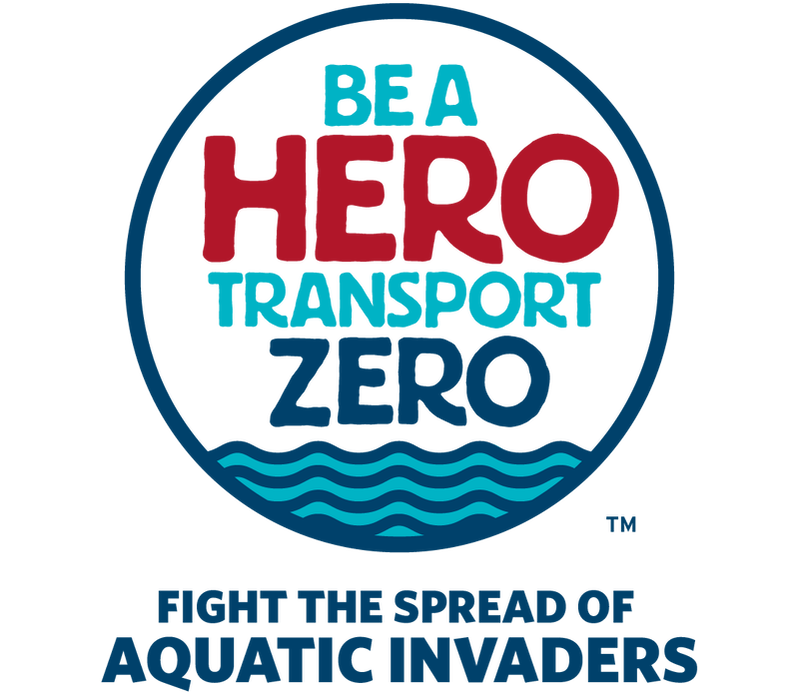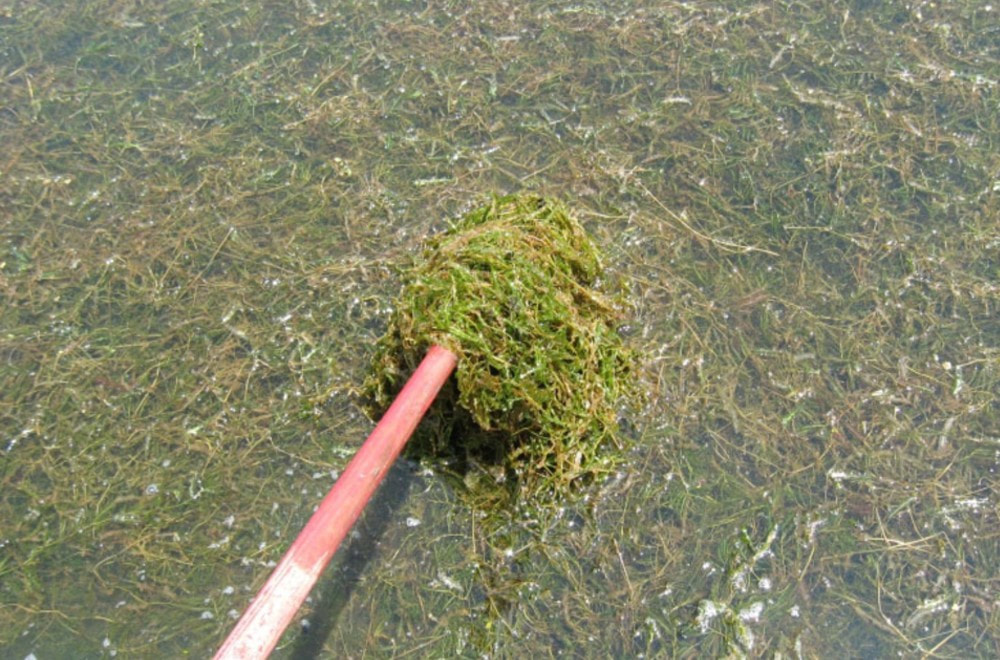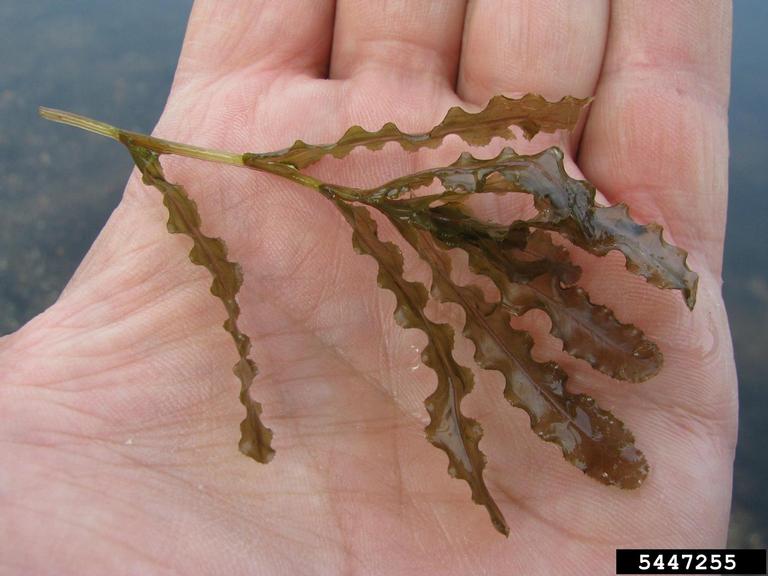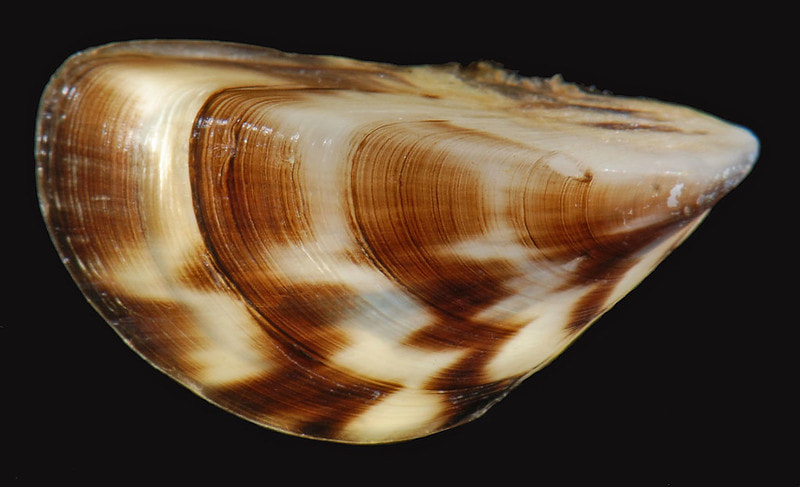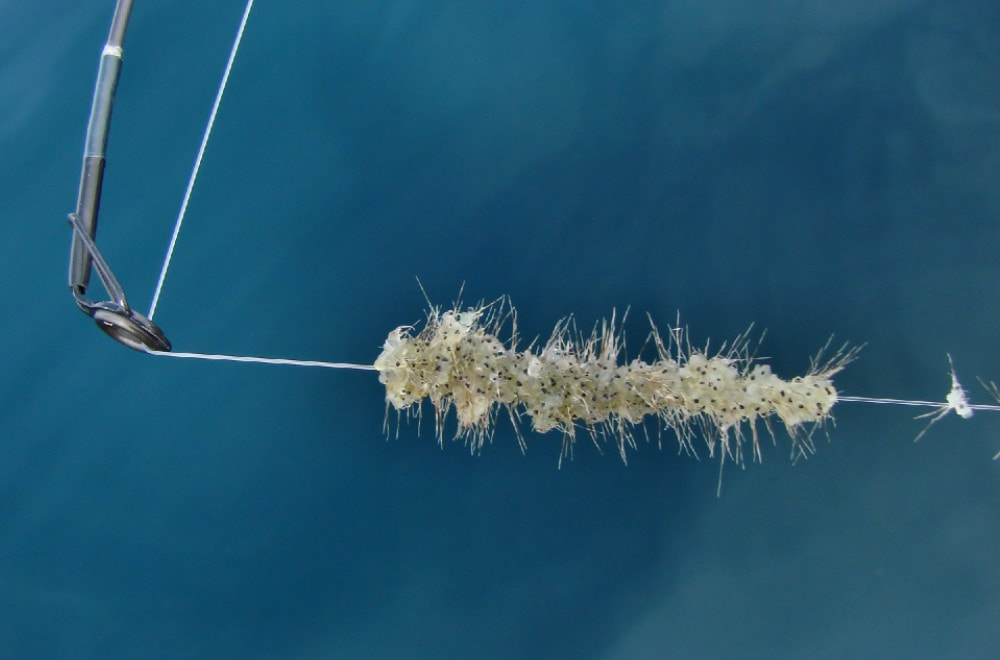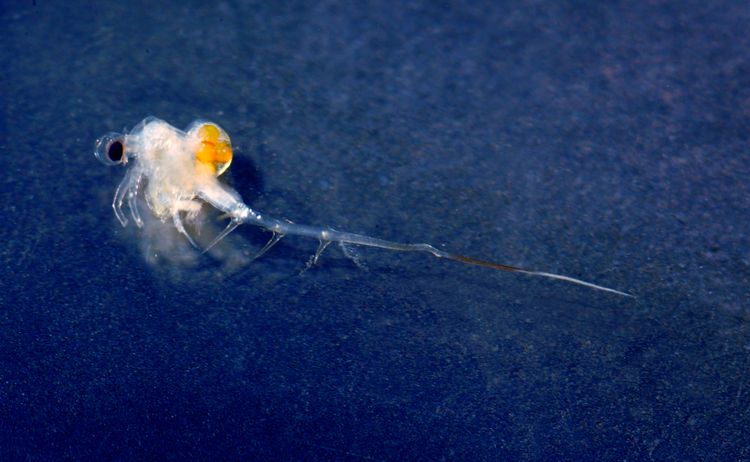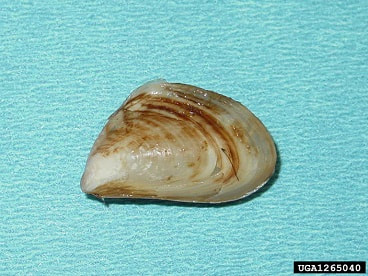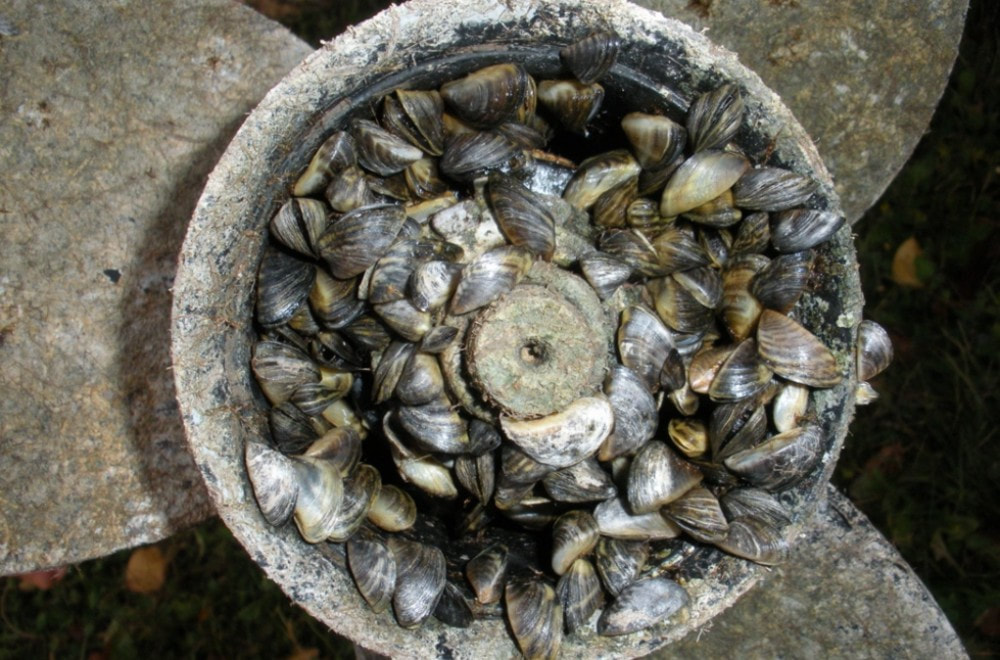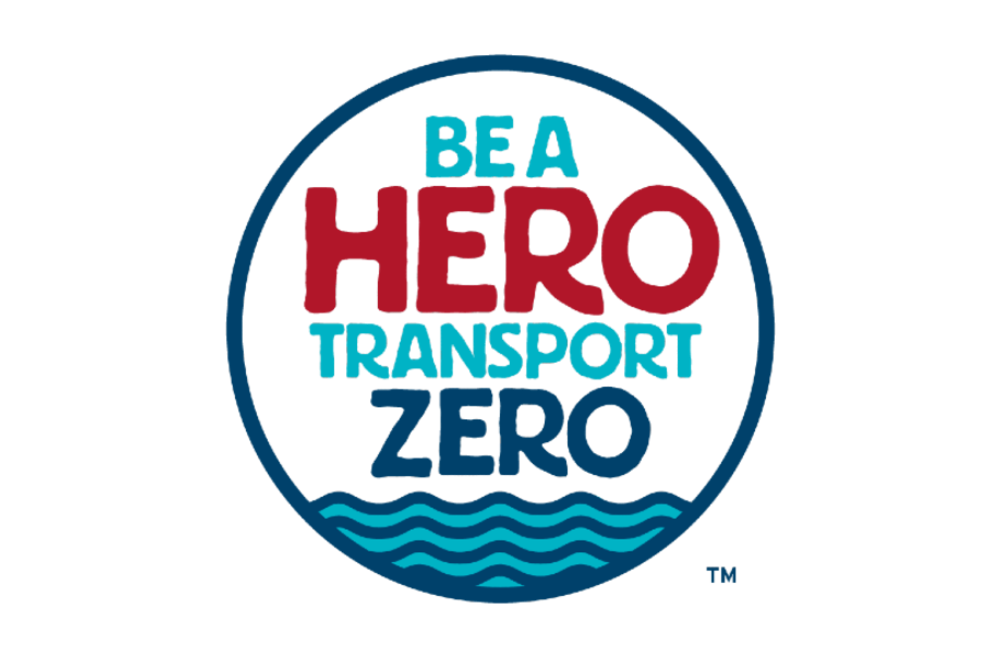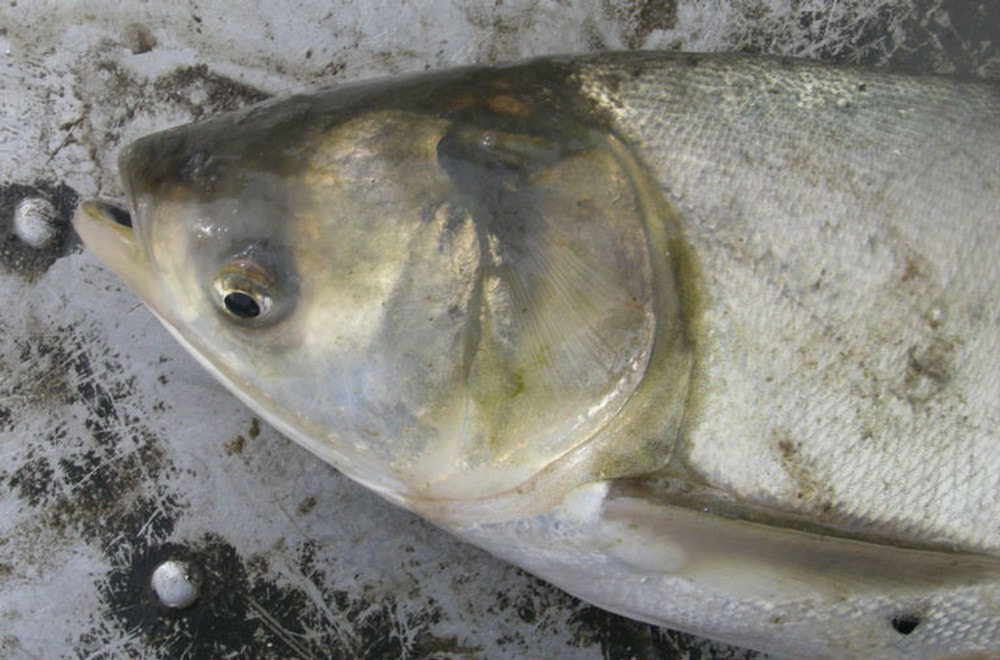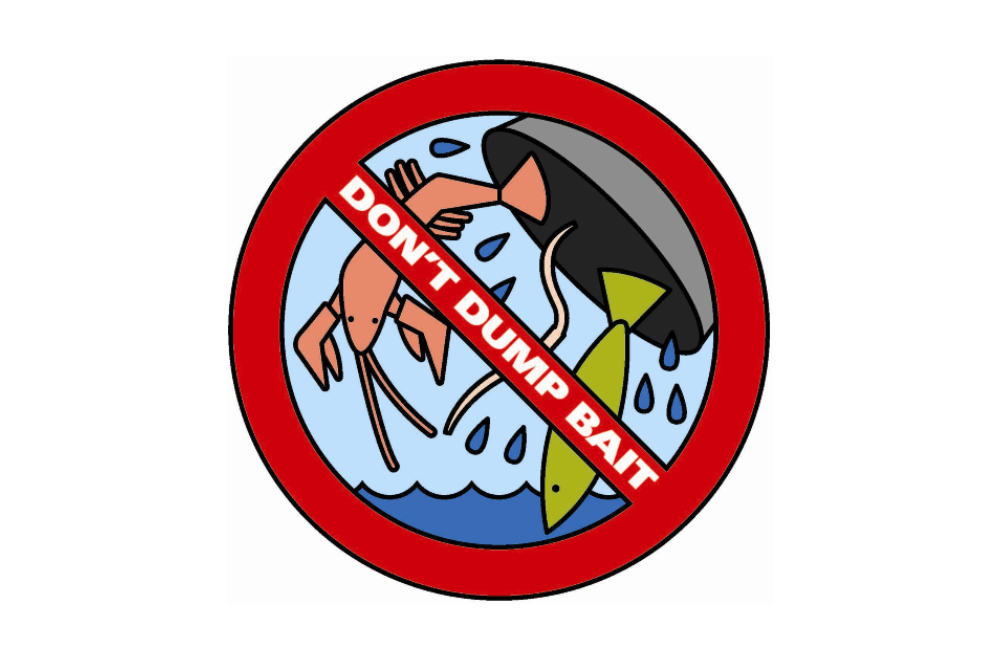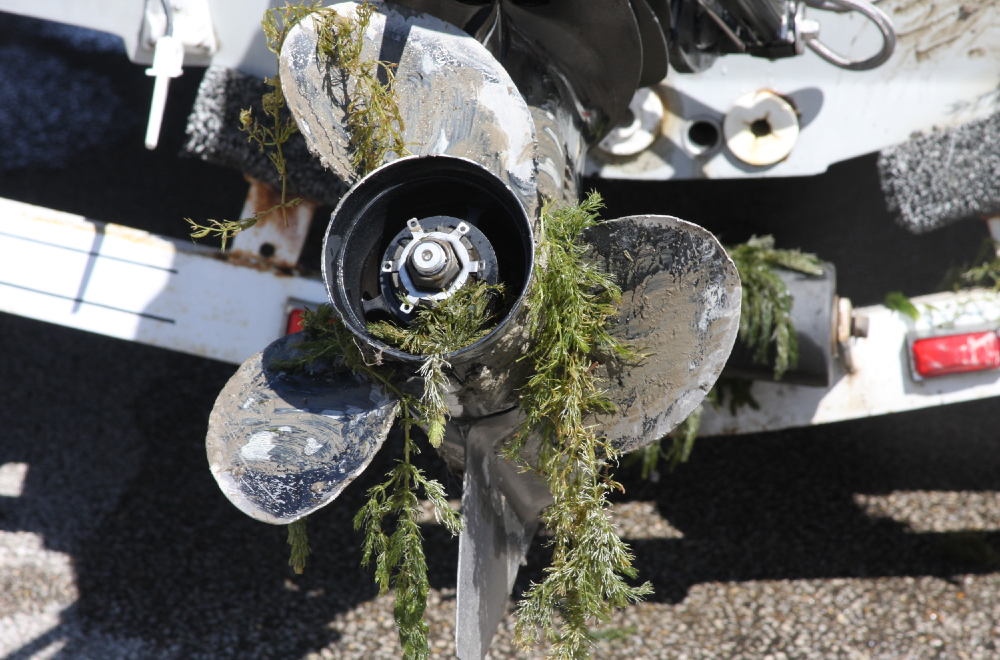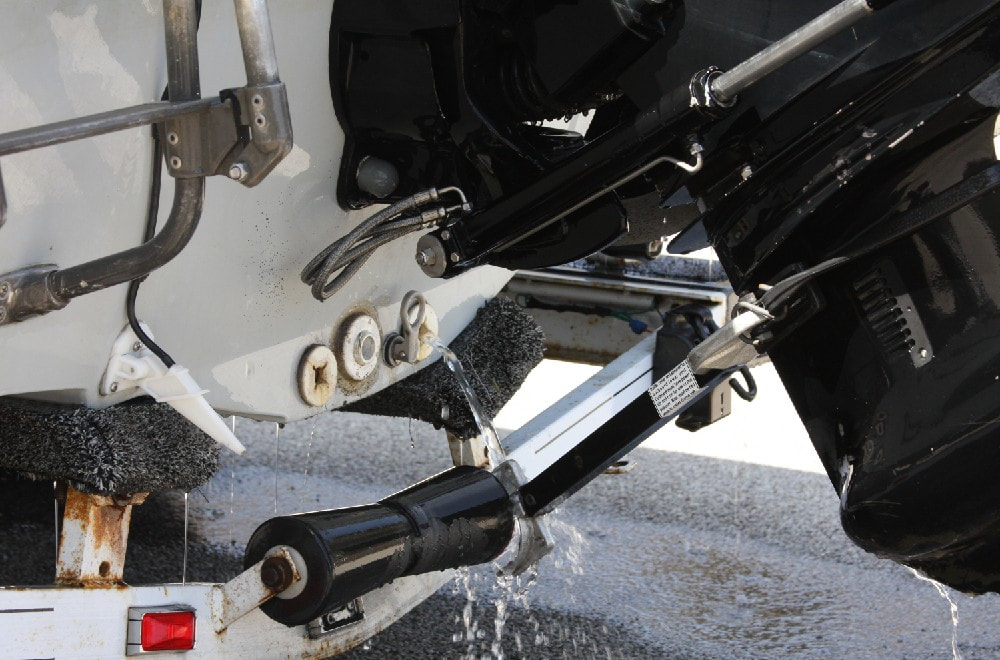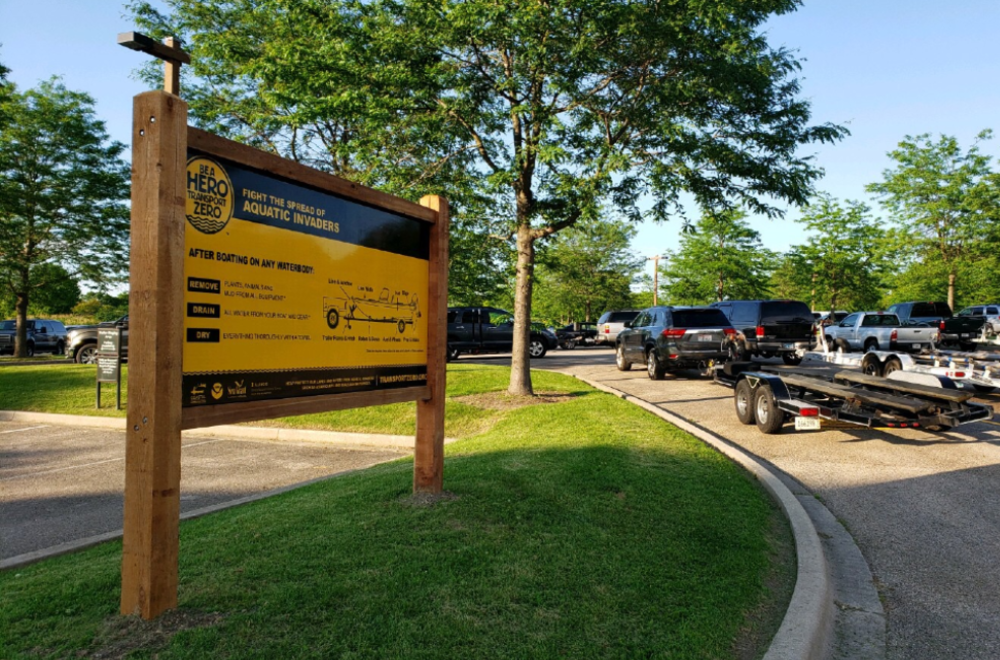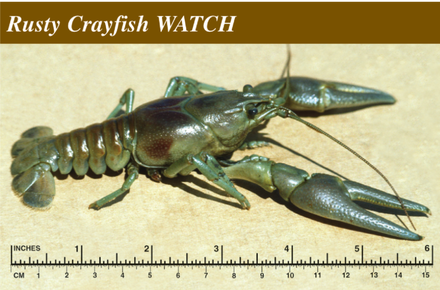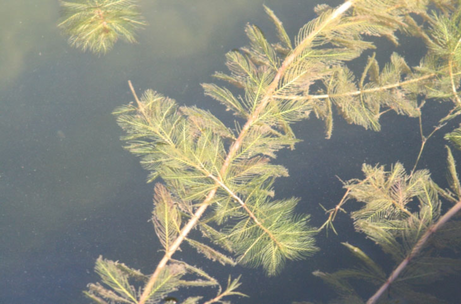Be A Hero!
AQUATIC INVADERS – THE PROBLEM
CAUSE HARMAquatic invasive species are plants, animals and microbes that people transport to areas they’ve never been before. When established, they reduce the economic value and recreational opportunities of boating, angling and other activities. Aquatic invaders also risk the health of people and wildlife.
Curly-leaf Pondweed
Curly-leaf pondweed (Potamogeton crispus), pictured here and above, is originally from Eurasia, Africa and Australia. It was introduced to North America, possibly during fish stocking operations, and has become invasive throughout the Great Lakes region. Curly-leaf pondweed lives through the winter and grows early in spring, outcompeting native plants for light and space. When uncontrolled, it becomes overabundant and forms thick mats that can strain boat motors, prevent swimming, and create mosquito habitat. These dense mats also crowd out native wildlife and reduce number and types of sport fish. Invasive Mussels
Zebra mussels (Dreissena polymorpha) and quagga mussels (Dreissena rostriformis bugensis) are native to the Black and Caspian Seas region but were transported to the Great Lakes in the ballast water of cargo ships. Invasive mussels impact commercial and sport fisheries by reducing plankton and other nutrients at the base of Great Lakes food webs. These mussels cause economic damage to industries like water and power utilities when they clog intake and supply pipes. They can also damage boat propellers, engines, and other recreational equipment. The sharp shells of invasive mussels present a safety concern for recreationists as well. It is costly to monitor and control their populations, and they are difficult, if not impossible, to remove from a location once established. |
SPREAD EASILYThere are nearly 200 non-native species in the Great Lakes region. Boaters, anglers and hunters can easily spread aquatic invaders by accidentally moving adults, juveniles, larvae, plant parts or seeds. Aquatic invaders can attach to fishing lines, nets, boats, trailers, bait buckets, felt-soled waders and more.
Spiny Water-Flea
Spiny water-flea (Bythotrephes longimanus), pictured here and above, is invasive in all of the Great Lakes. Spiny water-fleas and their eggs attach to fishing lines, nets, and other angling equipment. They can also survive in minimal water left inside livewells, bilges and other compartments, spreading from one waterbody to the next. Spiny water-fleas impact biodiversity and food webs by eating native zooplankton that larval fish rely on for food. They can be a food source for sport fish, but their long, barbed tail deters smaller fish from eating them. Female spiny water-fleas self-clone to produce quickly-maturing offspring, so just one is needed to establish a new population. Spiny water-fleas also reproduce sexually to create eggs that stay dormant over the winter. These eggs can survive passing through fish and waterfowl digestive tracts, and can tolerate drying for up to 6 hours. |
decontaminating watercraft and fishing gear
BOATS, TRAILERS AND EQUIPMENT SPREAD INVADERSMany recreational water activities like scuba diving, canoeing, kayaking, paddleboarding, surfing, windsurfing, sailing, power boating, wakeboarding, jet-skiing, shore and fly fishing, and waterfowl hunting have been known to spread aquatic invasive species.
Luckily, preventing the spread of aquatic invaders is as easy as Remove, Drain, Dry to decontaminate your equipment after time on the water. Be A Hero for Illinois’ waters by following these simple steps. |
REMOVE plants, animals, and mud from all equipment.
Many aquatic invaders spread by attaching to boats, trailers, and other equipment. DRAIN all water from your boat and gear.
Pull drain plugs and remove water from all equipment, such as portable bait containers, ballast tanks, motors, bilge tanks, livewells, and baitwells. DRY everything thoroughly with a towel.
Wiping down your boat, trailer, and other equipment not only leaves you with clean gear, but also removes any aquatic invaders. If possible, let your gear remain dry for at least five days. |
HANDling and disposing live bait
LIVE BAIT CAN BE INVASIVEDumping unused live bait spreads aquatic invaders. They sometimes contaminate store bought bait and can be confused as desirable bait species when wild caught. Follow the simple handling and disposal steps of Don’t Dump Bait regardless of your bait’s origin to Be A Hero.
Silver Carp
The silver carp (Hypophthalmichthys molitrix), pictured above, is one of four invasive carp species in North America. Silver carp are voracious eaters of both phytoplankton and zooplankton. They are also a safety hazard because they jump high out of the water when startled by boats, sometimes harming passengers. Juvenile silver carp can be misidentified as desirable bait species like gizzard shad, especially if wild-caught. |
REMOVE non-bait fish, plants and other hitchhikers from your bait bucket before fishing.
DISPOSE of all unwanted bait and hitchhikers in the trash.
DRAIN bait bucket before moving to another waterbody.
NEVER RELEASE organisms caught from one waterbody into another.
|
Illinois' laws
AQUATIC PLANTS AND ANIMALSDo not leave a water access area, get on a highway or enter a new Illinois waterbody with aquatic plants and animals on the exterior of watercraft or boat trailers. This law helps prevent the spread of invasive aquatic animals, plant fragments and seeds that can adhere to your boat and equipment.
Boat Registration and Safety Act 625 ILCS 45/5-23. Effective January 1, 2013 |
WATERDo not leave a water access area without emptying any compartment capable of holding natural waters, such as a bait bucket, livewell, bilge, etc. This law helps prevent the spread of viral hemorrhagic septicemia (VHS), a fish disease that is fatal for sport and bait fish.
VHS Law Illinois Administration Code title 17 § 875.50. Effective May 18, 2015 |
LIVE BAITDo not release unused, purchased live bait into any waterbodies. Wild-trapped live bait can only be used and released on waters where legally caught. Do not use live prohibited species as bait. Do not transport wild-trapped live bait to another waterbody. These laws help prevent the spread of invasive species used as live bait, such as round gobies and rusty crayfish.
Aquatic Life Release Law 515 ILCS 5/10-100. Effective January 1, 2015 VHS Law Illinois Administration Code title 17 § 875.50. Effective May 18, 2015 |
outreach opportunities
BE A HERO ZONESTo help you decontaminate your boat, we partnered with Illinois natural resource agencies to install Be A Hero Zones at several water access sites in the state. After leaving a waterbody, follow arrows and signs with the Be A Hero logo toward designated spaces that give you the time to Remove, Drain and Dry. Signs provide detailed information on how to decontaminate your boat.
Contact us to help you add one to your favorite boat launch! Current Locations
We currently have Be A Hero Zones installed at Waukegan Harbor, North Point Marina, Fox River Marina (Fox River Forest Preserve), Tower Road Boat Launch (Skokie Lagoons Forest Preserve), and Silver Lake (Blackwell Forest Preserve). |
RESOURCESBe A Hero campaign materials, including brochures, winch post stickers, signs, can coozies, key floats, towels and other outreach tools for water recreationists are available through the Illinois Natural History Survey.
|
report sightings
KEEP INVADERS IN CHECKSmall populations of aquatic invaders are easier and cheaper to control, and are more likely to be eradicated. Reporting invasive species helps land managers and agencies quickly respond to new populations. Below are resources you can use to report new sightings.
State and Federal
Illinois' reporting hotline To report a sighting of an aquatic invasive species in Illinois, email dnr.ans@illinois.gov with suspected species and location of sighting. Include pictures of the species and area if possible. Nonindigenous Aquatic Species Database The Nonindigenous Aquatic Species Database is part of the United States Geological Survey. The data is used by biologists, state and federal agencies, and the general public. To file a report here, you will need to provide the following:
Academic and Non-Governmental
iNaturalist iNaturalist is a joint initiative by the California Academy of Sciences and the National Geographic Society. It is "an online social network of people sharing biodiversity information.” You do not need to identify a species yourself, as other iNaturalist members can suggest and confirm IDs. To create an observation that is most likely to be shared with iNaturalist partner databases, you will need the following:
EDDmapS was launched by the Center for Invasive Species and Ecosystem Health at the University of Georgia. It is a mapping tool to document the spread of invasive species across the United States. Data is shared with educators, land managers, conservation biologists and more. To report a sighting here, the following is required:
|
take the pledge
Join the 95% of Illinois anglers and boaters already fighting the spread of aquatic invaders by pledging to Remove, Drain, Dry and Dispose!
Photo Credits
Curly-leaf pondweed: Chris Evans, University of Illinois, Bugwood.org; Curly-leaf pondweed closeup: Leslie J. Mehrhoff, University of Connecticut, Bugwood.org; Spiny waterfleas: Jeff Gunderson, Minnesota Sea Grant; Spiny waterflea close-up: Michigan Sea Grant | Michigan State University Extension; Zebra mussel close-up: Robert Aguilar, Smithsonian Environmental Research Center; Quagga mussel: Amy Benson, U.S. Geological Survey; Zebra mussels: Illinois-Indiana Sea Grant; Silver carp: Nate Tessler, EviroScience, Inc., Bugwood.org; Etc; Plants on propeller: Illinois-Indiana Sea Grant; Be A Hero sign: Illinois-Indiana Sea Grant; Eurasian watermilfoil: Chris Evans, University of Illinois, Bugwood.org.
Page last updated on July 01, 2021
